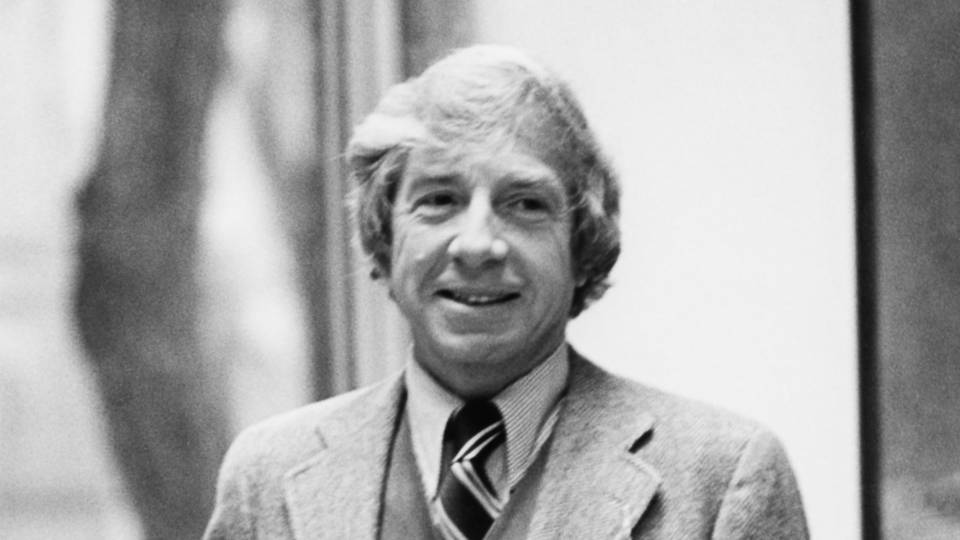Four Princeton scholars were honored last week at the annual meeting of the American Historical Association, the oldest and largest professional historical organization in the United States.
Anthony T. Grafton, the Henry Putnam University Professor of History and director of the Shelby Cullom Davis Center for Historical Studies, received the Helen and Howard R. Marraro Prize for "Cardano's Cosmos: The Worlds and Works of a Renaissance Astrologer" (Harvard University Press, 2000).
Established in 1973, the Marraro Prize is offered annually for the best work in any epoch of Italian history, Italian cultural history or Italian-American relations.
The award cited Grafton's book for shedding new light on the controversial career and popularity of Girolamo Cardano. The book focuses on the cultural and social significance of Cardano's work as an astrologer, which is not as well studied as his contributions as a mathematician, physician and natural philosopher.
The association honored Nell Irvin Painter, the Edwards Professor of American History, with the Nancy Lyman Roelker Mentorship Award, which recognizes the crucial importance of mentoring to the discipline of history. "The ideal mentor is forthright, supportive, and constructively critical, committed to the student as a person, regardless of age or career goals," the association said.
Arno J. Mayer, Princeton's Dayton-Stockton Professor of History Emeritus, also was honored. He was selected as one of this year's three winners of the American Historical Association Award for Scholarly Distinction, a prize established by the Council of the American Historical Association in 1984.
Patrick Pautz, a doctoral candidate at Princeton's Department of Romance Languages and Literatures, won the J. Franklin Jameson Award for "Alvar Nuqez Cabeza de Vaca: His Account, His Life, and the Expedition of Panfilo de Narvaez" (University of Nebraska, 1999). He and his adviser, Rolena Adorno, who is now at Yale University, co-edited the book.
The prize, named in honor of the Association's founder and longtime managing editor of the "American Historical Review," is awarded every five years for outstanding achievement in the editing of historical sources. The association cited the editors for having "expertly transcribed, translated and annotated this classic account of the Spaniard's encounter with North America in the early 1500s, and placed it in the broadest of contexts."
Cabeza de Vaca's account comprises just one-fifth of this three-volume work. The rest of the work consists of a rich study of his time and place, an intergenerational biography of the family, a detailed analysis of his report and an explanation of its genesis and reception.
The American Historical Association works to advance historical knowledge. It administers two major fellowships, 23 book prizes and a number of small research grants.
Contact: Justin Harmon (609) 258-3601

